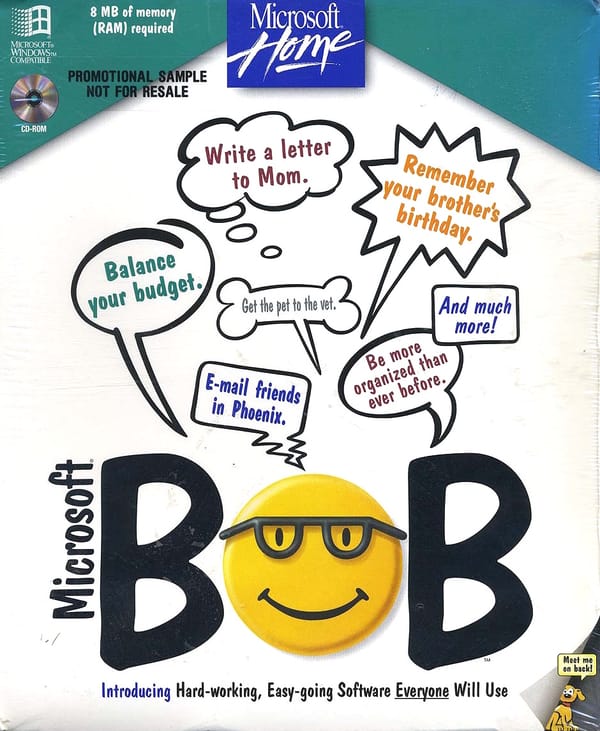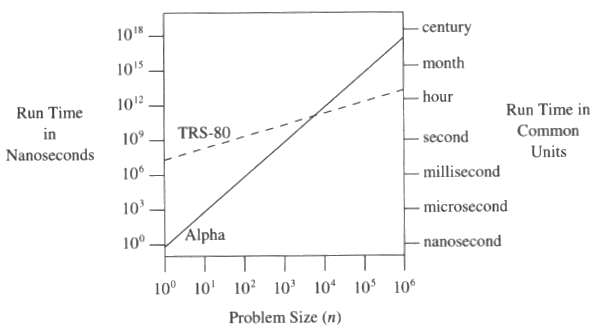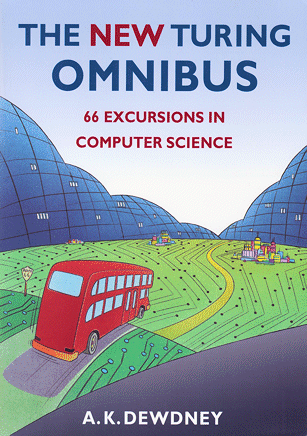operating system limits
Pushing Operating System Limits
Raymond Chen notes that if you have to ask where the operating system limits are, you’re probably doing something wrong: If you're nesting windows more than 50 levels deep or nesting menus more than 25 levels deep or creating a dialog box with more than 65535 controls,











